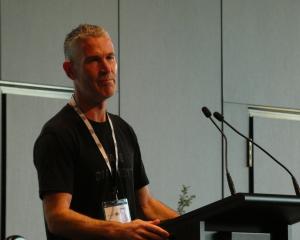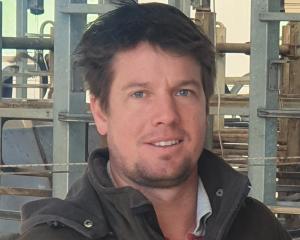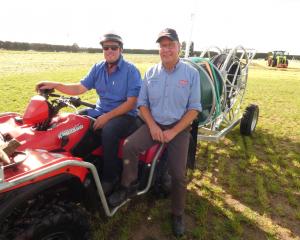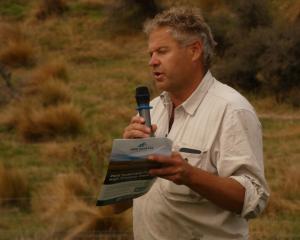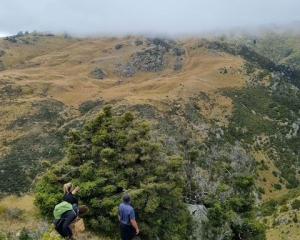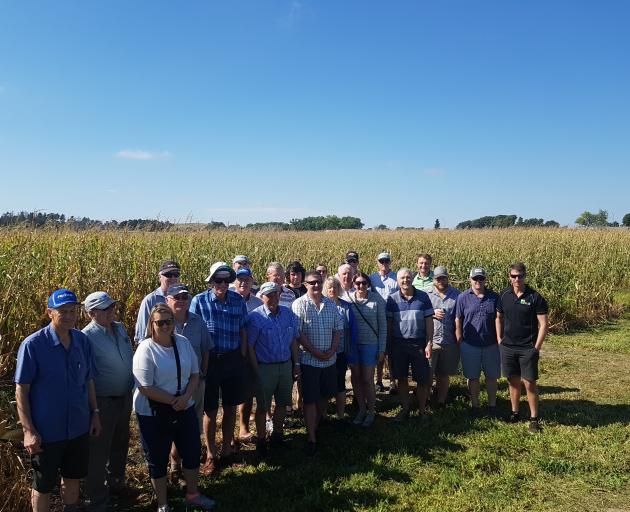
A group of 25 New Zealanders has recently returned from a five-day study tour of the United States midwest organised by Irrigation New Zealand.
They visited the world's biggest irrigated farm show, Husker Harvest, the University of Nebraska's Water for Food Global Institute, research farms and trials, irrigation schemes, and irrigation equipment manufacturers.
North Otago farmer Ele Ludemann said the trip was ''absolutely fascinating''.
One of the highlights was learning centre pivots should not be called irrigators but applicators, because they can apply exact amounts of fertiliser and chemicals as well as water, where and when needed.
Such precision technology was the way of the future, she said.
It was much more widely used and promoted in Nebraska than in New Zealand. Its uptake here would depend on fertiliser manufacturers making liquid products available.
Nebraskan farmers grew a lot of genetically-modified crops, Mrs Ludemann said. Their fertiliser and fuel bills had dropped dramatically because fewer chemicals were needed.
She believed New Zealand should be discussing the use of GM products now and ''going with the science''.
''It's science and history versus emotion and politics.''
If New Zealand adopted GM technology, it could have better pest control and benefits for both human and animal medicines, she said.
Another Nebraskan action Mrs Ludemann rated was in an area with an overallocated water source. The Natural Resource District that administered it spent more than $80 million to buy a farm with an irrigation right, and relinquished it.
The land was then planted in native grasses and leased for light grazing, allowing the seeds to regenerate.
Timaru-based Irricon Resource Solutions director, natural resources engineer, farmer and IrrigationNZ board member Keri Johnson said it was an example of Nebraska taking a ''holistic approach''.
''This achieved the environmental outcome everyone wanted while protecting the economy.''
Her colleague, Haidee McCabe, said Nebraska put a lot of effort into research.
''The University of Nebraska has an entire department dedicated to agricultural research on how to feed a growing population whilst ensuring that the environment is looked after.
''Education is also something that they are passionate about, with programmes in place that reach one in every three young people.''
IrrigationNZ chief executive Andrew Curtis said Nebraska had in recent years improved its environmental performance.
''The widespread move from surface flood to centre pivot irrigation has been key to reducing nitrate losses to groundwater.''
Timaru Grafton Irrigation designer Jon O'Sullivan was ''extremely impressed at the use of fertigation equipment'', resulting in low losses while maintaining production.
IrrigationNZ was developing a guide to using fertigation, he said.
Ashburton farmer Charles Ross was also interested in fertigation and other technology.
''I will be looking at fertigation as a way to lower our nutrient loading, and I also want to control all the pivots on our property from a cellphone as soon as possible.''


